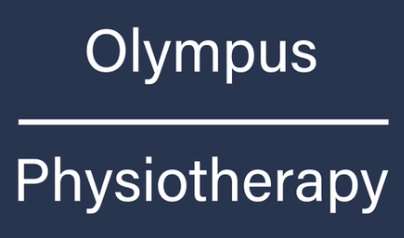Runner’s Knee
What is Runner's Knee?
Runner's knee, medically known as patellofemoral pain syndrome (PFPS), is one of the most common running injuries, causing pain around or behind the kneecap (patella). This condition occurs when the kneecap doesn't track properly in its groove during movement, leading to irritation of the cartilage on the underside of the patella.
Despite its name, runner's knee doesn't only affect runners - it can develop in anyone who performs repetitive knee-bending activities. The condition typically develops gradually and can significantly impact your ability to run, climb stairs, or perform daily activities involving knee flexion.
What Causes Runner's Knee?
Runner's knee typically develops from a combination of factors affecting how your kneecap moves:
Biomechanical factors:
Poor running technique or foot strike patterns
Weakness in hip muscles, particularly the glutes
Tight IT band, hamstrings, or calf muscles
Overpronation or poor foot mechanics
Muscle imbalances around the knee and hip
Poor core stability affecting overall alignment
Training-related factors:
Sudden increases in running distance or intensity
Running on hard surfaces or excessive downhill running
Inadequate rest and recovery between training sessions
Poor or worn-out running shoes
Returning to activity too quickly after injury
Structural factors:
Kneecap alignment issues (high-riding patella)
Leg length discrepancies
Previous knee injuries or surgery
Joint hypermobility or excessive flexibility
Q-angle abnormalities (angle between hip and knee)
Risk factors:
Female athletes (higher incidence due to anatomical factors)
Adolescents during growth spurts
Sudden increase in activity levels
Previous history of runner's knee
What Are the Symptoms?
Runner's knee presents with characteristic pain patterns that worsen with specific activities:
Primary symptoms:
Dull, aching pain around or behind the kneecap
Pain that worsens with running, especially downhill
Discomfort when climbing or descending stairs
Pain after sitting for prolonged periods ("cinema sign")
Grinding or clicking sensations in the knee
Activity-related symptoms:
Pain during or after running that may force you to stop
Discomfort when squatting or lunging
Pain when kneeling or getting up from low positions
Stiffness after periods of rest
Reduced running performance and endurance
Progressive symptoms:
Gradual onset over weeks or months
Pain that initially occurs only during activity but may progress to constant discomfort
Swelling around the kneecap in some cases
Weakness in the quadriceps muscles
Compensatory movement patterns affecting hip and ankle
Functional limitations:
Difficulty with stairs, particularly going down
Reduced confidence during running activities
Impact on daily activities like getting in and out of cars
Altered running gait leading to other injuries
Struggling with knee pain from running? Given that most injuries we see at our clinic are running-related, we have extensive experience treating runner's knee in athletes of all levels. Our comprehensive assessment includes biomechanical analysis and advanced testing to identify the root cause of your symptoms and create an effective rehabilitation programme.
